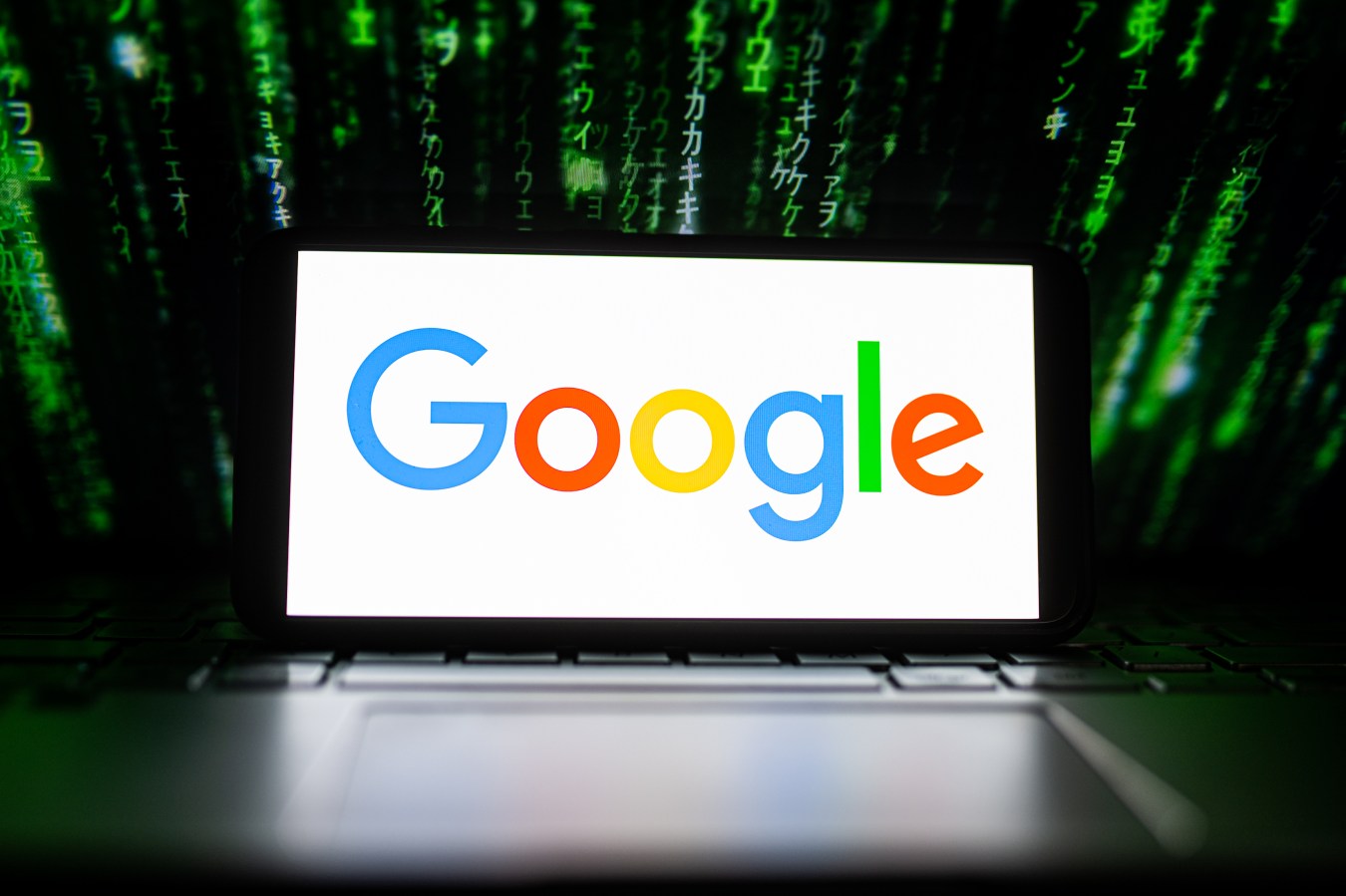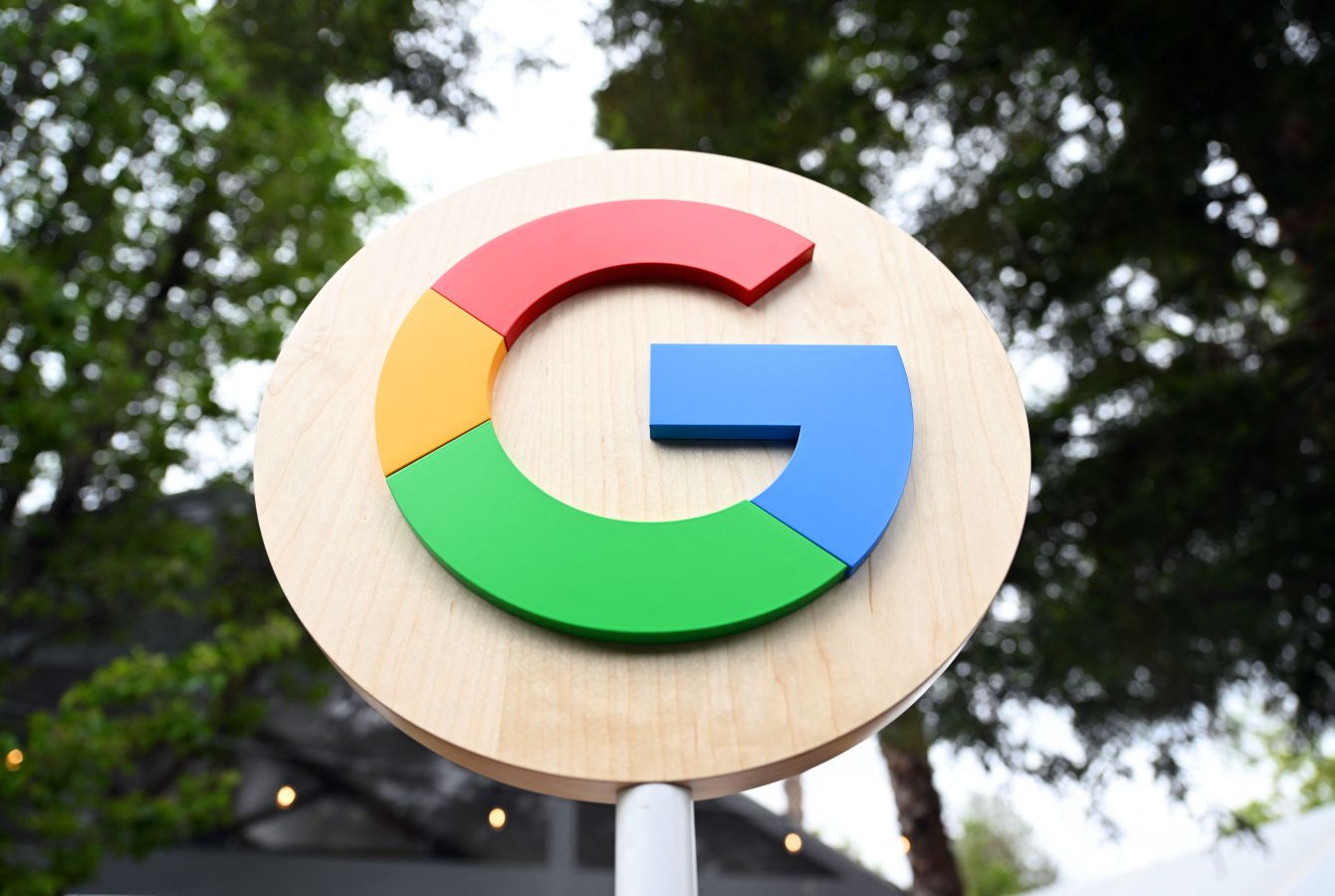In opening statements of the landmark antitrust trial, the U.S. government claimed Google used its dominance to push out rivals, while Google argued its search engine is just the superior product.

Google’s long-awaited antitrust trial began on Tuesday.
Getty Images
The biggest tech antitrust trial in decades finally got underway on Tuesday, as the U.S. government and Google made their first arguments in a major case over the tech giant’s powerful search engine and the business that props it up.
In opening statements, the Department of Justice painted Google as a monopolist that used its scale and resources, particularly through its exclusivity deals with device makers, to crowd out competitors. Google, meanwhile, argued it won those contracts because of the quality of its search engine, which the company claims manufacturers chose because it made their products better.
The deals, with manufacturers like Apple and Samsung, make Google search the automatic option for users out of the box. The most notable of those contracts is a deal with Apple for billions of dollars, putting Google’s core product at pole position on the iOS software that powers iPhones, iPads and MacBooks. The exact amount of the deal has not been disclosed, but the DOJ claimed on Tuesday it is more than $10 billion a year.
“Google illegally maintained a monopoly for more than a decade,” Kenneth Dintzer, a lawyer for the Justice Department, argued in opening statements. He added that Google’s dominance has allowed it to ignore privacy criticism and become sluggish when it comes to innovation, including in AI. The government also argued the Google deal has ultimately blocked Apple’s ability to advance its own search tools, at the detriment of consumers. “The harm from Google’s exclusive contracts affect every phone and computer in the country.”
Google, meanwhile, claimed that defaults are not the end-all-be-all when it comes to distribution and product growth. John Schmidtlein, a lawyer representing Google from the firm Williams & Connolly, pointed to Microsoft, which preloads its search engine Bing as the default on PCs. But, he pointed out, consumers often switch over to Google because it’s the better product. Google’s deals, he said, didn’t harm Microsoft from competing or improving Bing.
“Microsoft has failed to invest, failed to innovate in a manner comparable to Google, in many areas that have nothing to do with scale,” Schmidtlein said.
The trial is the most pivotal tech antitrust battle since the DOJ and a handful of states took on Microsoft in the late 1990s. In that case, the government accused the Windows maker of a monopoly in PC software before the two sides eventually settled in 2001. For Google, the trial comes at a time of great uncertainty. The company, which turns 25 years old this month, has scrambled to release new products after it was caught off guard by the explosion of generative AI.
The lawsuit, which was first filed in 2020 under the Trump administration, represents the highest profile antitrust case Google has faced, but the company has long been a target of antitrust scrutiny. In 2013, the Federal Trade Commission closed a two-year investigation into Google after accusing it of biased search results, but didn’t find any wrongdoing. And Google’s competition woes will likely continue even after this trial. Earlier this year, the DOJ hit Google with a separate antitrust lawsuit focused on the company’s digital advertising operation. The case is expected to go to trial in the coming years.
Throughout opening statements, Judge Amit Mehta, who will decide the case instead of a jury, interjected with pointed questions. For example, Google spent a portion of its opening statement emphasizing how easy it is to switch default search engines, even noting the number of clicks it takes to make the change. When Judge Mehta asked how many people actually do make the switch, Google lawyer Schmidtlein said the data was not available.
At one point, DOJ lawyer Dintzer claimed Google had destroyed evidence for the case by using a software feature in its internal systems called “history off” that automatically deleted work chats when discussing distribution and contract issues. Dintzer claimed the company did so because its executives knew it was engaging in activity that would draw antitrust scrutiny. “They turned history off so they could rewrite it here in court,” he quipped.
The trial is slated to last 10 weeks, with testimony expected from several tech bigwigs, including Google CEO Sundar Pichai, Apple senior vice president of services Eddy Cue and Mozilla CEO Mitchell Baker, who will appear via video deposition.
This post originally appeared on Forbes.com.

